
Whatever form it comes in, whether it is coffee, tea sodas or hot chocolate, caffeine always causes a range of effects on the human body and on the brain as well. Many people have found themselves not being able to function properly, especially in the morning, unless they have a cup of coffee or tea. Caffeine does cause addiction, but since the negative impact of that addiction cannot be compared to that of alcohol or drugs, not many experts are actually worried about it. Caffeine was found through extensive scientific research to have an impact on depression. The problem is, it is not always perfectly clear whether that impact is positive or negative.
Caffeine as a cure for depression
It is not a secret that caffeine often makes people happier, more cheerful and energetic and less lethargic and depressed. This is because caffeine affects brain chemicals just like any other drug. Depression, on the other hand, is caused by imbalances in certain chemicals in the brain, like serotonin and dopamine, at least according to some. Serotonin and dopamine are neurotransmitters, chemicals responsible for proper communication between nerve cells. Caffeine sparks them up, so they can communicate better and faster.
Caffeine has been investigated as a potential aid for people who suffer from depression. There is not enough evidence yet to support the claims of positive effects of caffeine on depression patients, especially for those who have severe form of depression. However, even without looking at the scientific part of all of it, it is clear that caffeine boosts energy levels, lights up the mood, improves focus and memory, making a person more energetic, efficient and able to perform whatever tasks he or she has during a day.
Caffeine as a cause of depression
On the other hand, there is some evidence that, for some people, caffeine can actually cause or aggravate depression. It is important to realize that every person is different, with his or her unique characteristic, both physically and mentally. What acts as an upper for one person can act as a downer for another, because there are so many factors at play.
Some people actually feel more depressed if they drink beverages containing caffeine, especially coffee and strong teas. It has been found that caffeine can be a trigger for depression if its consumption reaches high levels. Then again, it is difficult to determine what those high levels are, since that aspect too differs from person to person. The body gets accustomed to certain amount of caffeine consumed every day and what is high for one is average for another.
In addition, it has been found that caffeine sometimes depletes the levels of vitamin B6 in the body, the vitamin which, if deficient, increases the risk of anxiety and depression. This means that depressed coffee-drinkers might just need a B6 supplement and that caffeine is not directly responsible for their condition.








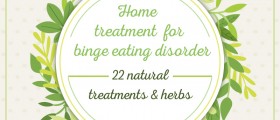



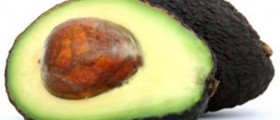
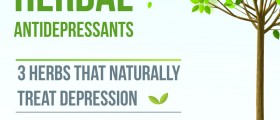

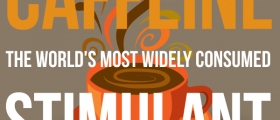
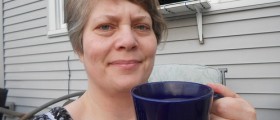
Your thoughts on this
Loading...